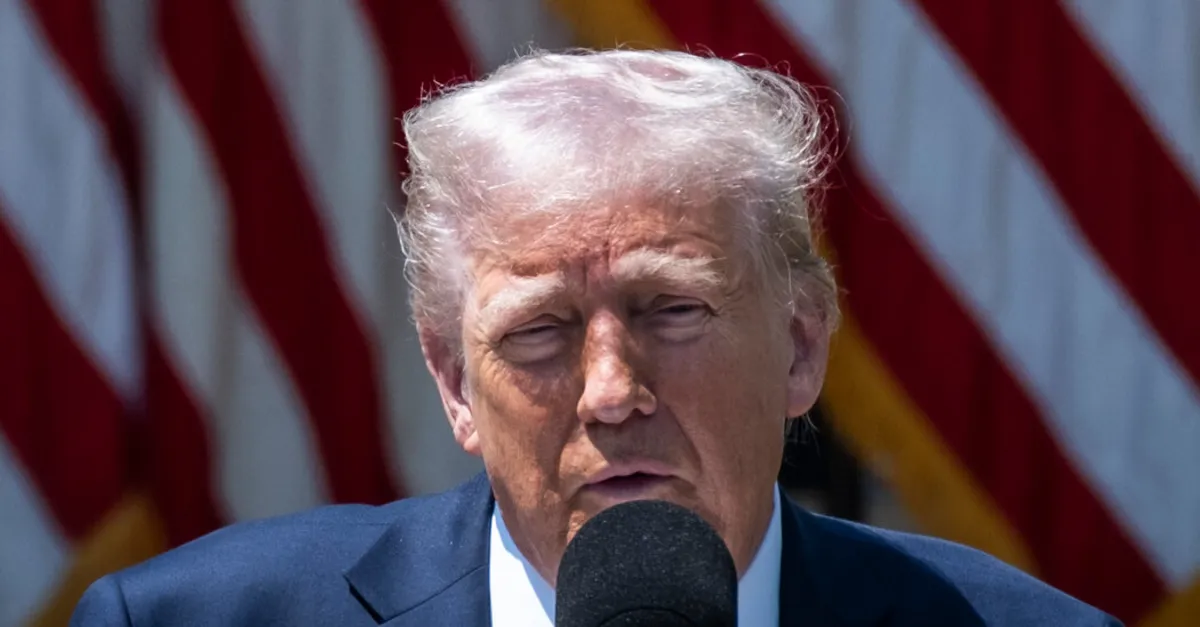
The recent lawsuit filed against Colorado officials highlights significant tensions surrounding state immigration policies. One of the key provisions of Colorado law prohibits law enforcement officers from detaining individuals solely based on a civil immigration detainer, which is a request from federal authorities to keep someone in custody. Additionally, several state laws restrict local and state officials from sharing information with federal immigration agencies, and they prohibit local jails from collaborating with the federal government in detaining individuals for civil immigration violations.
The lawsuit also targets a measure in Denver that bans the use of city resources for immigration enforcement. This includes a 2017 executive order from the mayor aimed at establishing Denver as a “safe and welcoming city for all.” The plaintiffs in this case are seeking a court ruling to declare these laws unconstitutional and to halt their enforcement. “This is a suit to put an end to those disastrous policies and restore the supremacy of federal immigration law,” the lawsuit states.
In many liberal-leaning states and cities, laws often exist to keep local police departments mostly out of immigration enforcement. Advocates assert that these policies foster trust within immigrant communities, allowing individuals to feel comfortable reporting crimes and engaging with local health departments and educational institutions. However, contrasting views from the White House and some Republican officials argue that such laws, often referred to as those in sanctuary cities, create a safe haven for criminals and compromise public safety.
In response to the lawsuit, the office of Governor Jared Polis, a Democrat, stated that Colorado is not a sanctuary state and that it regularly collaborates with local, state, and federal law enforcement agencies. “If the courts say that any Colorado law is not valid, then we will follow the ruling,” the statement emphasized, adding, “We are not going to comment on the merits of the lawsuit.”
Denver's mayor, Michael Johnston, also a Democrat, explained in an interview that the city does notify Immigration and Customs Enforcement (ICE) when a so-called “removable alien” is about to be released from custody. However, he maintains that locations such as hospitals, schools, and courthouses should remain off-limits to immigration enforcement activities. “What we know is we do not have thousands of undocumented individuals here with violent criminal histories,” Johnston stated, countering prevalent myths.
Recent surveys indicate a decline in overall public support for immigration to the United States under the Biden administration. In light of this, some state and local officials have begun to modify their rhetoric regarding sanctuary policies and are even exploring ways to relax local measures that limit cooperation with federal officials. Nevertheless, many officials in Democratic-led areas continue to face pressure from constituents to resist the hard-line immigration policies promoted by former President Trump.
The lawsuit against Colorado officials resembles other legal actions taken by the Trump administration against states like Illinois and cities such as Chicago. These lawsuits are emblematic of a broader initiative to compel state and local law enforcement to enhance cooperation with federal deportation efforts. The administration has also sought to withhold funding from jurisdictions that resist these policies.
In a notable incident, a Milwaukee judge was arrested on charges of obstructing justice after allegedly directing an undocumented immigrant out of her courtroom while federal agents waited to apprehend him. This arrest highlights the ongoing tensions between local officials and federal immigration enforcement.
The Colorado lawsuit emerges amid a backdrop of intensified scrutiny and conflict over immigration enforcement policies at both state and federal levels. As the legal battle unfolds, the implications for local governance, community trust, and federal authority remain significant. With ongoing debates about the role of sanctuary policies, the outcomes of these lawsuits could shape the future of immigration enforcement strategies across the nation.